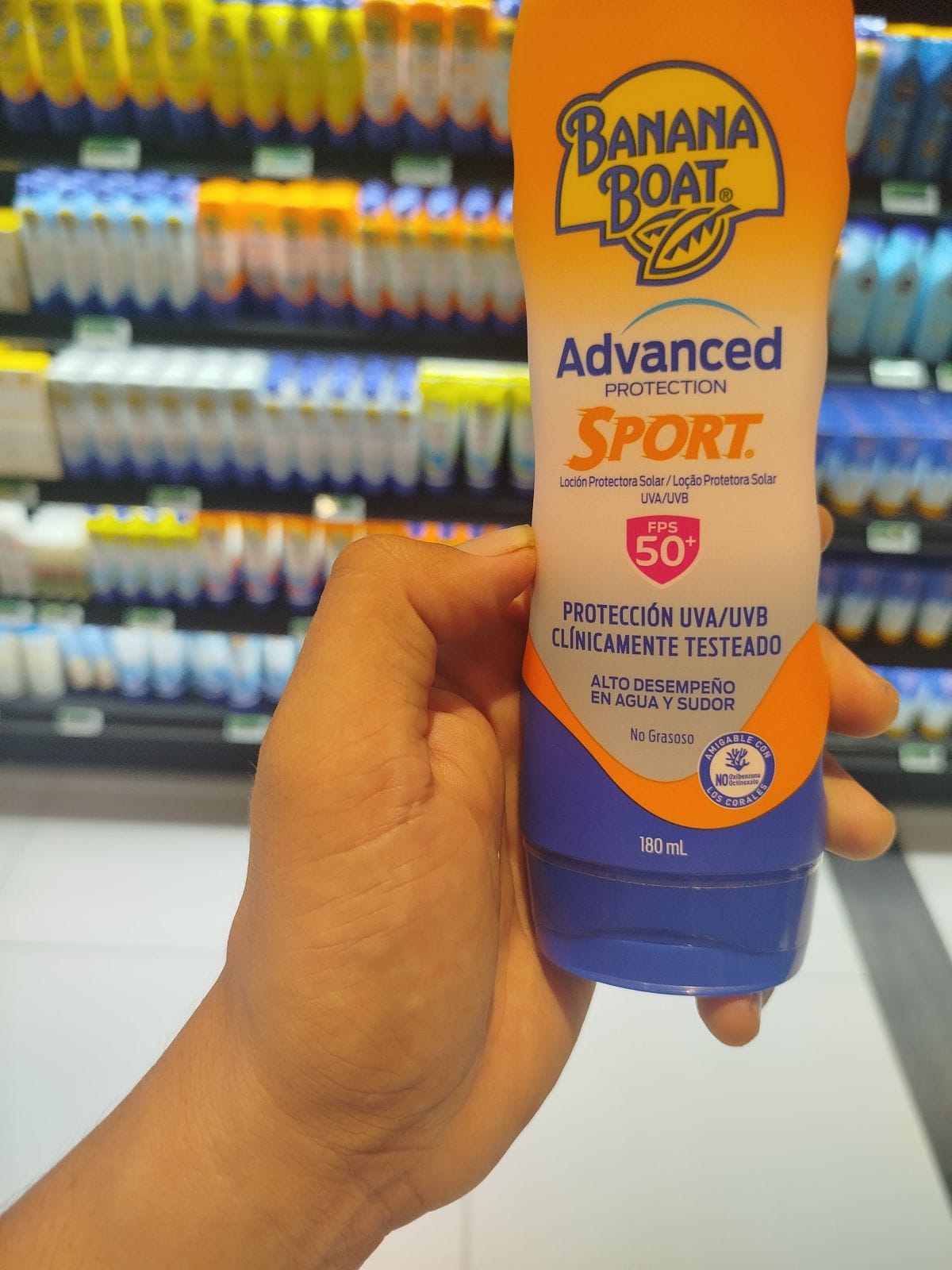Why You Should Take A Closer Look At Your Sunscreen Bottle

The case for reef-safe sunscreen
By Aeris Clinton
December 16, 2024
Last issue, we discussed the vitality of safeguarding our ocean’s coral reefs. I also provided various ways you can contribute to coral conservation in your daily life, such as reducing plastic use, minding your carbon footprint, choosing sustainable seafood options, and switching to reef-safe sunscreen.
I have found that many in our community are unaware of the importance of their sunscreen choice and the impact it has. So, in this issue, I’d like to make the case for reef-safe sunscreen.
Why you should care in the first place? Everyone of us plays a role in the fate of our oceans, whether we like it or not. Unfortunately, when it comes to the planet we share, ignorance is not bliss. Marine preservation is not just an environmental issue, it’s a matter of survival for future generations: your children, grandchildren, and everyone in between.
Something not many people know is that our oceans produce over 50% of the oxygen we breathe. Do you remember first learning about the food chain in the 4th grade? Well, the ocean mainly produces oxygen thanks to plankton, which makes it through photosynthesis. These plankton form the base of the marine food chain and support its biodiversity.
So what does your sunscreen have to do with the oxygen we breathe? Stay with me here, I promise we’ll get there. For now, keep in mind that the whole food chain is maintained thanks to keystone species that ensure phytoplankton thrive, keeping up oxygen production and balance in the ecosystem.
What would happen if these keystone species disappeared? Well, not to be dramatic, but we would witness total ecological devastation, the collapse of biodiversity, and the fading out of life itself. Yup. Probably important.
Take sharks, for example. Without primary predators, prey species that feed on plankton would erupt into mass numbers, that is oxygen-producing plankton. The source of 50% of our oxygen would die! Without enough oxygen in the water, meaning the number of fish would fall, speling trouble for fishers and the food security of millions of people globally. Biodiversity and important ecological processes like nutrient cycling and carbon sequestration would all flicker and fail. The entire marine environment would be drastically destabilized, so, yeah. Can’t exaggerate the “death and devastation” thing enough.
So, to my point in telling you all of this: Did you know that your sunscreen choice directly impacts the fate of our ocean’s keystone species? Sunscreens from popular brands like Neutrogena or Coppertone are examples of brands you shouldn’t even glance at in the grocery store.
These brands contain harmful chemicals like oxybenzone and octinoxate, which release from your skin into the water. These chemicals affect the health of coral reefs and every species swimming.
Sharks will be our example of a keystone species, a primary predator. Sharks are deeply intertwined with ecosystems like coral reefs, so when they’re damaged, the food chain is directly disrupted and the survival of sharks is threatened.
Many studies have shown that these chemicals affect the ability of marine species to reproduce and navigate, which means they can’t perform their biological functions (like reducing the numbers of animals that could over-eat the oxygen producing plankton!).
So…. this article is, so far, really intense. How about the bright side? I present to you, the solution: Switching to reef-safe sunscreen! Reef-safe sunscreen protects your skin from UV rays using non-toxic ingredients like zinc oxide without harming marine life. There are benefits to all of us, fins and feet alike!
Additionally, reef-safe formulas often are very gentle, allowing people of all skin types to use it without risk of skin irritation. They also lessen your risk of premature aging and cancer, are pregnancy-safe, and improve skin health and natural glow. They’re extra long-lasting, too!
So if, you’re ready to make the switch, let’s talk about brands of reef-safe sunscreen easily accessible in Cabo.
The one I see the most is Sun Bum. Sun Bum’s formulas use non-toxic ingredients instead of harsh chemicals to protect both your skin and the environment. Prices range from $150-500 pesos, depending on the product size and type.
Other affordable options include Banana Boat Reef-Safe ($100-400 pesos) or Hawaiian Tropic Reef-Friendly ($84-250 pesos). You can find each of these brands locally available for affordable prices at Walmart, Costco, Sorianas, Fresko/La Comer, pharmacies, surf shops, and any Oxxo.
Next time when you or your parents are shopping for sunscreen, take a closer look at the bottle or box to ensure it’s reef-friendly.
As Cabo San Lucas residents, this issue should be especially relevant to each one of us. The ocean is quite literally in our backyards, after all. The health of our marine life is crucial and directly impacts the local economy, lifestyle, and food security. Cabo’s main income is tourism, and a big reason we’re so popular is because of our vibrant blue waters, pristine beaches, and entrancing underwater worlds.
These natural beauties attract millions of visitors annually, not in small part thanks to activities like snorkeling, fishing, surfing classes, diving and boating, and for all of them, we should promote people use reef-safe sunscreen!
Without a healthy ocean, visitors would no longer have reason to come. People would lose their income, jobs, and resources. As a community, we should all be working to safeguard our oceans and preserve our town’s natural wonders and the livelihoods of our neighbors.
The preservation of our reefs starts with small, mindful, often simple actions. Choosing reef-safe sunscreen is a perfect way to contribute towards protecting our marine life. When you say no to harmful chemicals, you also say no to the destruction of coral reefs and marine biodiversity as a whole. By switching to reef-safe sunscreen we may continue to enjoy to natural beauties of our town while also actively working to save our oceans! Sunscreen choices can save our oceans :)



